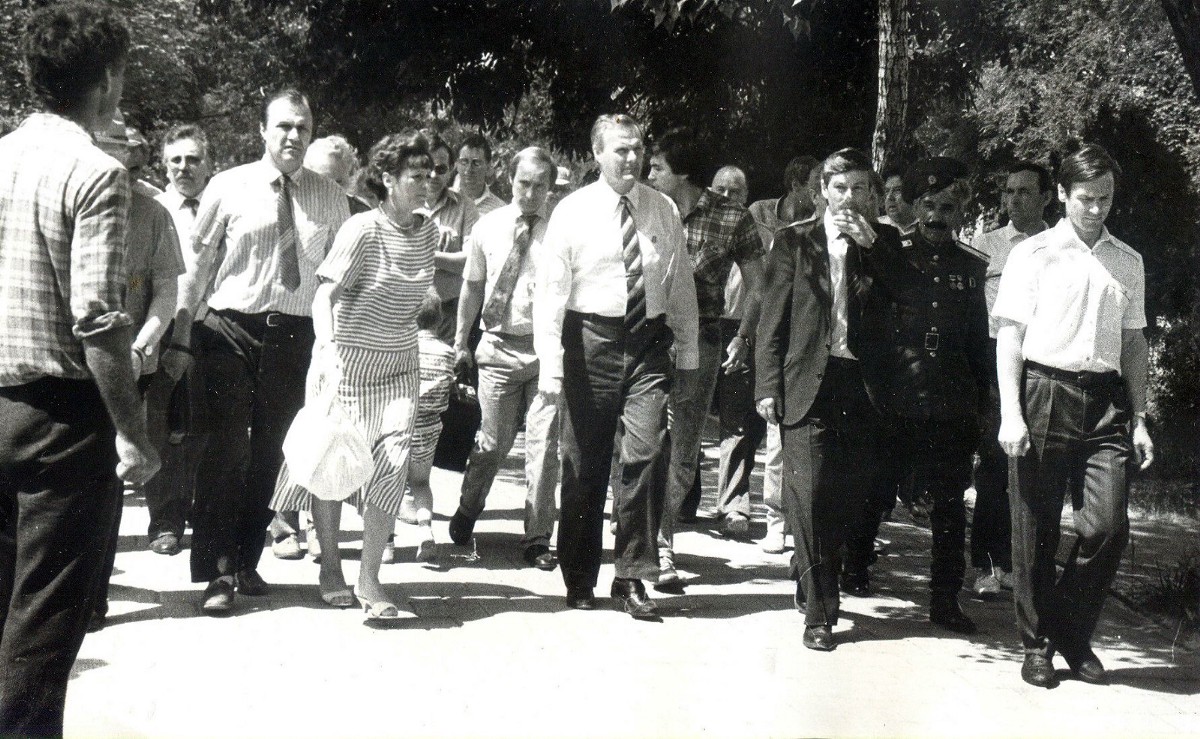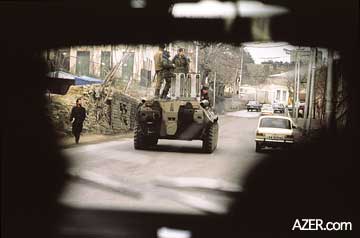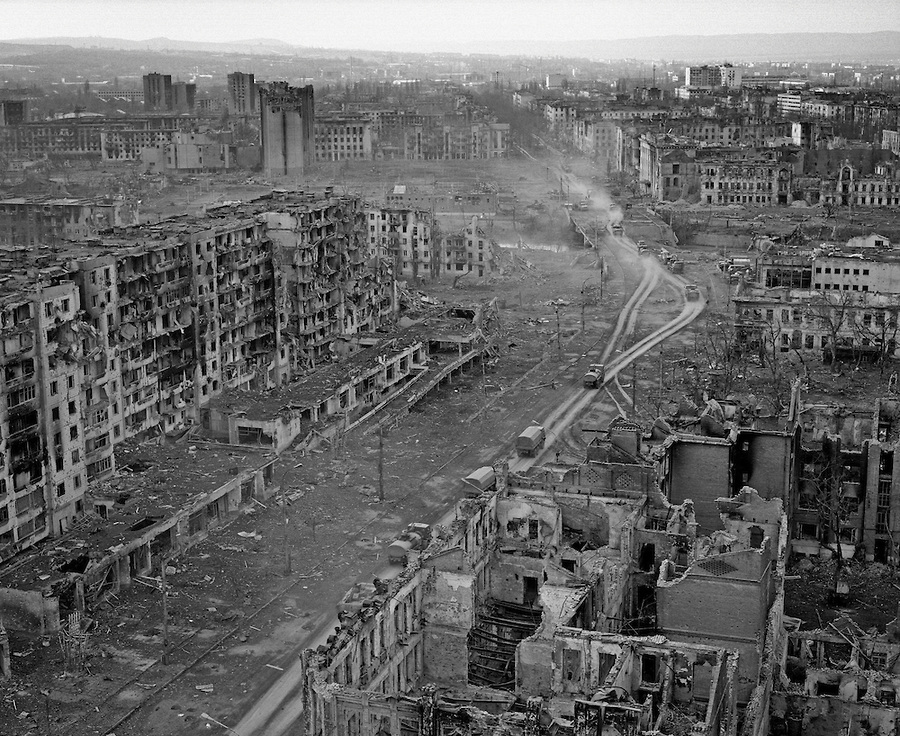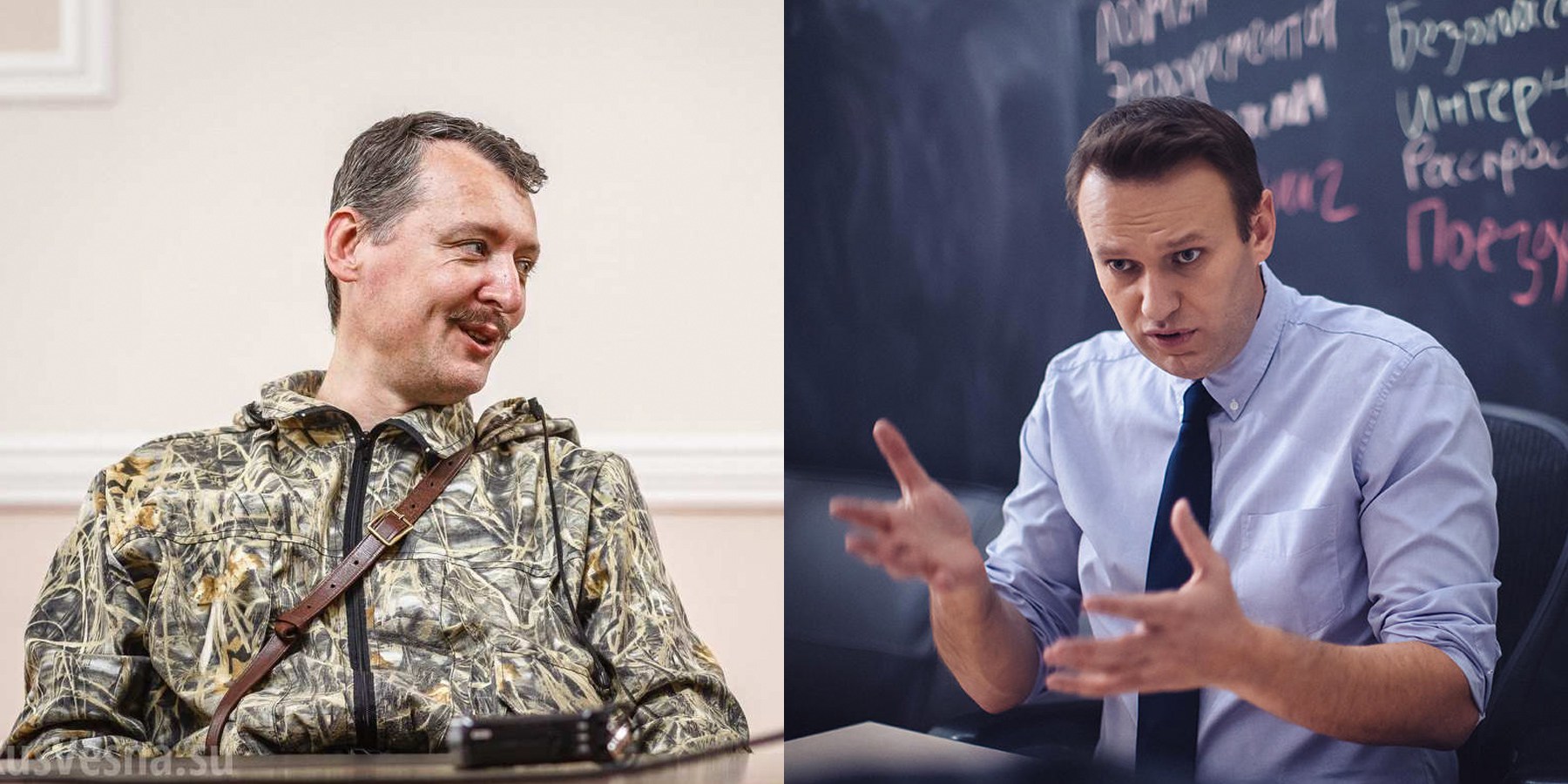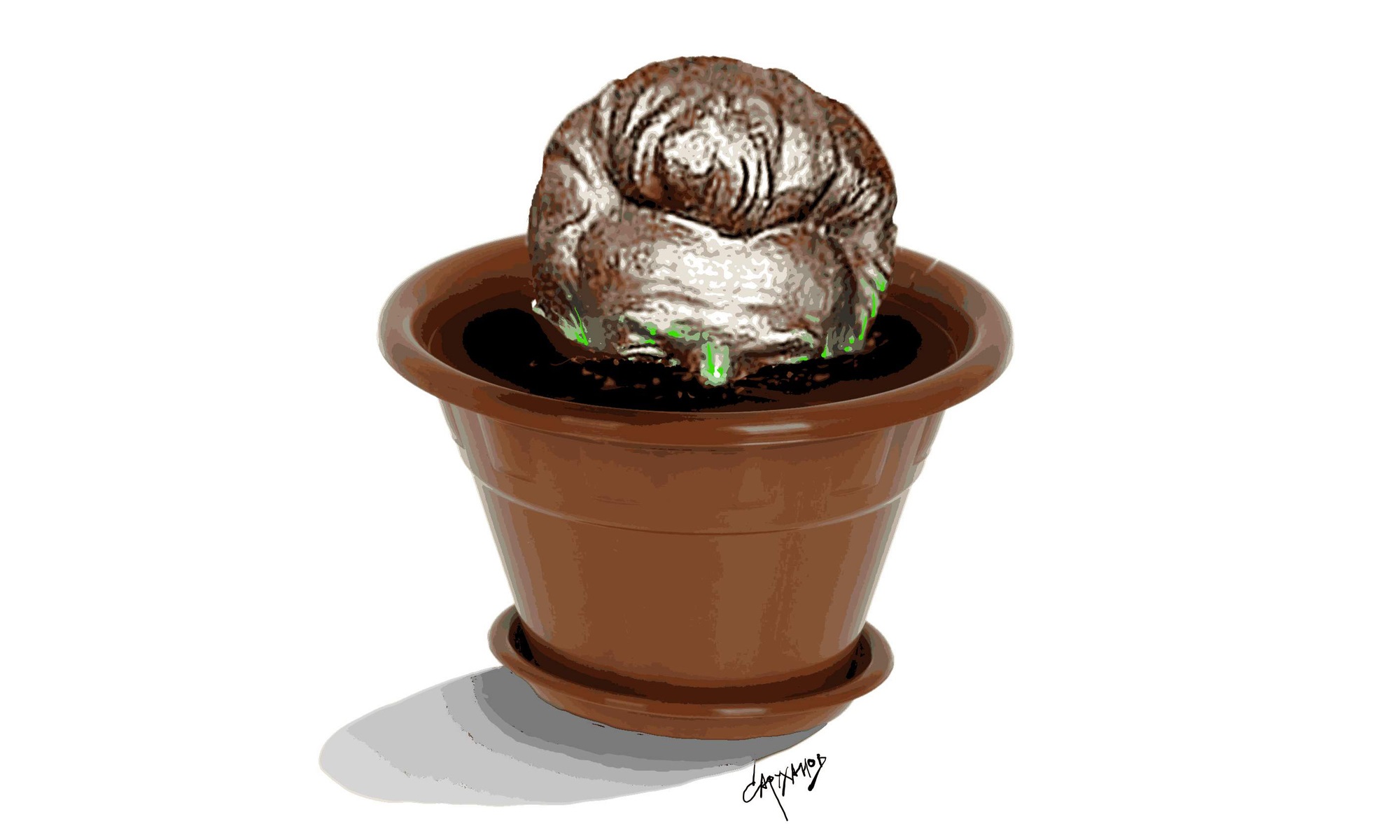Vladimir Putin and the Russian political system known as Putinism did not emerge out of nowhere, Andrey Illarionov says. Instead, it was promoted in the 1990s by 13 “fathers” who shared some of his and its core values, a pattern highlighted by the very different core values of its 12 most important opponents.
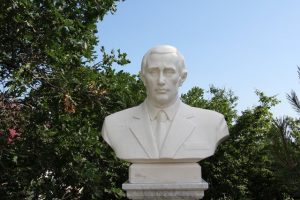
If one examines Putin’s remarkable rise in the last decade of the 20th century, the Russian analyst says, one can easily see that 12 people played key roles in promoting him and his approach. These include Sobchak, Chubais, Gaidar, Aven, Kudrin, Bolshakov, Borodin, Yumashev, Dyachenko, Voloshin, Berezovsky, Abramovich and Yeltsin.
They backed him at each step and protected him from criminal prosecution or political obloquy; and he returned the favor at least at the time, Illarionov says.
One should note, he continues, that “the immediate fathers of Putinism, do not include Gorbachev, Lukyanov, Ryzhkov, Kryuchkov, Yazov, Zyuganov, Zhirinovsky and many other similar figures who are connected or traditionally associated with the CPSU, the KGB, the VPK, and the agro-industrial complex,” the traditional “statist” and “’patriotic’ wings of Russian society.”
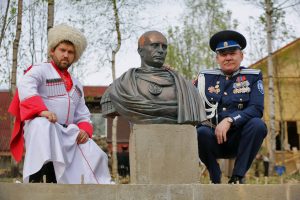
Instead, Illarionov says, “the immediate fathers of Putinism are usually viewed in traditional discourse as representatives of the more liberal wing of domestic public life.” Some like Gaidar, Chubais, Kudrin and Aven “are traditionally called ‘radical liberals,’” the others “’moderate liberals,’” or “’orthodox businessmen.’”
Thus, it turns out that “’liberals’ -- both radical and moderate – consciously or unconsciously but directly over the course of a number of years conducted affairs and led things to the point so that at the head of the country appeared a force directed at establishing in it a harsh authoritarian regime.” Indeed, most of them appeared “satisfied” with that outcome.
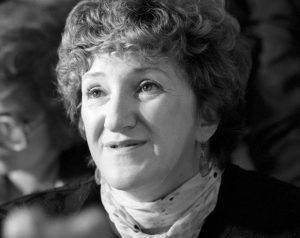
In the 1990s, there were forces which “opposed this process,” Illarionov continues. Among them were Galina Starovoytova, Marina Salye, Yury Gladkov, Yury Boldyrev, Aleksandr Belyaev, Nikolay Andrushchenko, Sergei Kovalev, Sergei Yushenkov, Yuri Shchekochikhin, Anatoly Pakhomov, Andrey Zykov, and Artyom Borovik.
Some of these people could also be called “’liberals’” and thus would appear to be not terribly dissimilar from the “’liberals’” who backed Putin, Illarionov argues; but three things set these two groups of people apart.
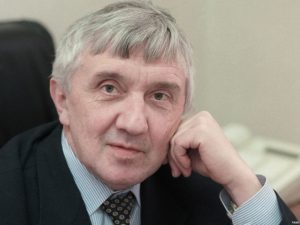
First, except for Yeltsin and Sobchak, none of the members of the first group ever took part in a genuine election, while the members of the second mostly did.
Thus, the relationship of the two groups to democracy was from the outset very different.
“The representatives of the first group on the other hand never took part in genuinely honest democratic procedures, didn’t like them, were suspicious of them, were afraid that they would lose (not without basis), and despised them. These were anti-democrats in the most direct sense.”
Second, the two groups had a very different attitude toward law. “Representatives of the second group did not land in any serious scandal … they were and remained supporters of law. Many of the representatives of the first group however several times and in major ways violated the law and the Constitution” – and did so repeatedly and shamelessly.
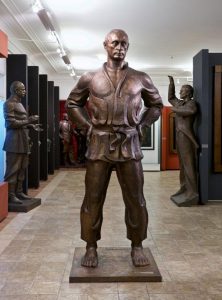
And third, had Illarionov continues, the two groups had very different moral codes. None of the members of the second group were involved in morally suspect activities or were willing to link up with the special services or the organs that operated on the principle that the end justifies the means.
But “unlike them, representatives of the first group not only did not see any obstacles to cooperation with the KGB or FSB but obviously rushed to make use of any possibility for joint profitable activity with the special services.” Thus, “the first were and remained collaborationists, while the second corresponded to a Resistance Movement.”
And that means both that this system is broader than Putin and that its foundations as a social system “were laid long before Putin himself reached the post of President of Russia. He only led the system established before him to its perfection, by radically increasing the extent of repression, aggression and theft.”
Thus, Illarionov says, “the creators of this system from the first group are the real fathers of Putinism.”
“The observance of democratic procedures, respect for the law, the observation of all-human morality, and rejection of any cooperation with the Corporation of the special services” set the opponents of Putin and Putinism apart and serve as a model of the kind of system Russians must pursue once Putin and his supporters pass from the scene.
Read More:
- Putinism isn’t the Brezhnevism of today: it’s far more dangerous and vigorous, Pavlova says
- First Putin marginalizes his critics, then he kills them, and then he shifts the blame
- Putinism – a greater threat to the West than Soviet communism was
- Is Putin poisoning his opponents?
- Putinism represents triumph of ‘feudal traditionalist reaction,’ Skobov says
- The globalization of Putinism
- The many ways terror serves the regime in Putin’s Russia
- Putinism’s Godfather: Primakov laid groundwork for Putin in Russia
- Putinism – not nearly as strong as it appears
- How journalism died in Russia. A Russian journalist describes
- Higher stage of Putinism
- Russism last refuge of Putinism, Ikhlov says
- The propaganda schemes of TrumpPutinism

